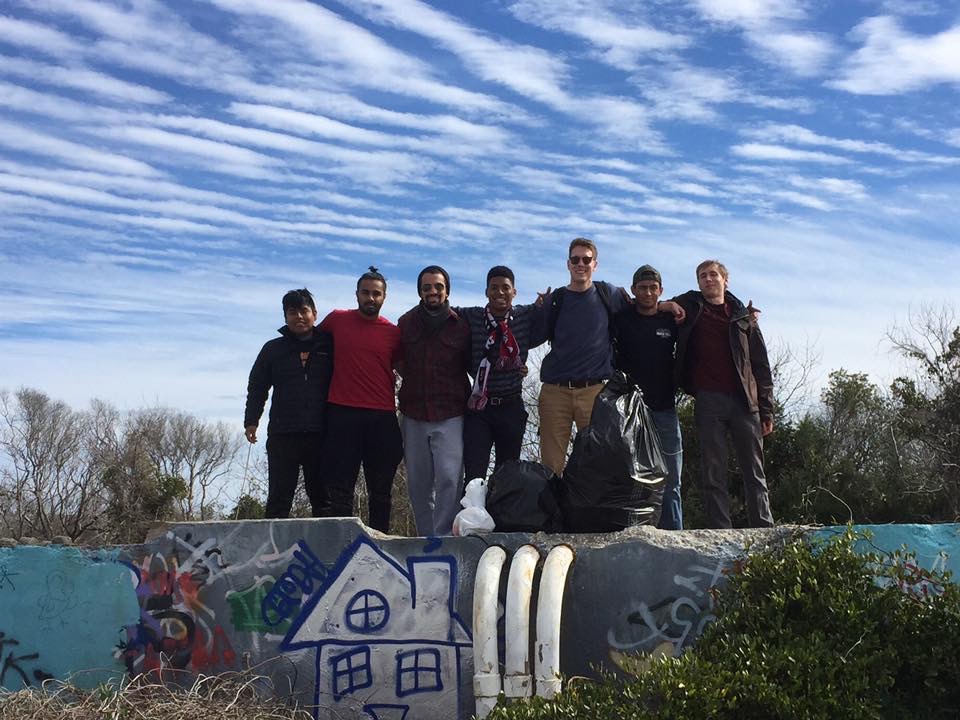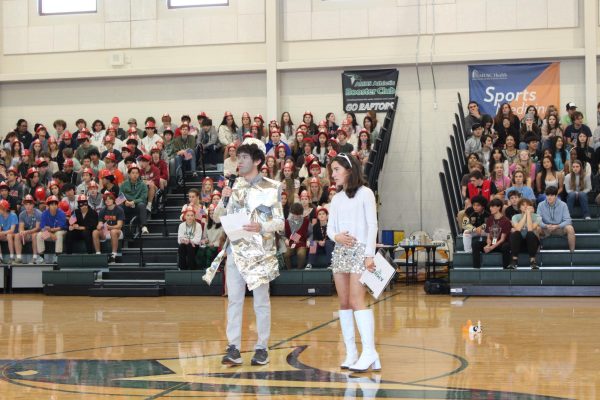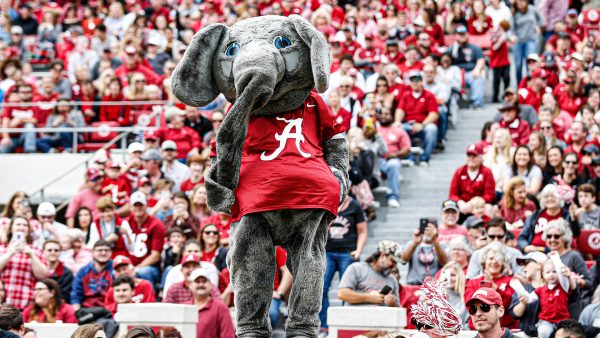Fraternities: The Good, the Great, and the Gracious
Greek Life. For some, it means brotherhood, sisterhood, family, new experiences, community service, and a well-rounded college experience. But for others who obtain all of their information from the media, Greek Life is all about hazing, rape, and body shaming. Because of the strict structure and secrecy of each fraternity and sorority, countless people do not know the truth behind the positives of Greek Life.
I sat down with two members of fraternities, one who is part of Lambda Theta Phi, a multicultural fraternity at College of Charleston, and an anonymous member part of an anonymous fraternity out of state, who requested anonymity.
The first member is Akash Patel, one of the founders of the Lambda Theta Phi chapter of CofC. Lambda Theta was founded at Kean College in Union, New Jersey in 1975. The main purpose of this fraternity is to shape leadership and provide academic excellence and community service. The fraternity “brings diversity to the school, as it is a multicultural fraternity. It is of Hispanic origin but anyone is allowed to join, and it brings a sense of camaraderie to minorities.” Lambda has absolutely zero tolerance for hazing, as they believe that brotherhood should be wanted, not forced. As for community service, the CofC chapter alone has done much for the community in just a short semester. One includes talking to minorities in high school about the college process such as FASFA, admission requirements, and the SAT. The students were advised on how to get their names out there for universities and to not be afraid of failure, because it is just a speed bump, not a roadblock. Another service was their beach cleanup, in which they collected over 60 pounds of trash at Folly Beach, which they then separated into trash and recyclables. Along with community service, they have also fundraised for the multicultural programs at the college as well as their own fraternity, so that they can grow and spread their motto. Fundraisers include hosting a salsa dance night and selling Horchatas in the park.
The second member is a Magnet alumni, attending a university out of state. He wishes to remain anonymous, as the inaccurate social stigma of Greek Life would force the current student body of this school to negatively and unnecessarily berate him. For anonymity purposes, we will call him John, and the fraternity Kappa Sigma.
Kappa Sig is similar to most other fraternities: a strong sense of brotherhood combined with community service and networking. Some intra-fraternity events include playing paintball, going skiing, having formals at very nice resorts, basketball tournaments, and other bonding activities. Also similar to almost any other fraternity, Kappa Sig does include the pledging process, which includes hazing.
HOWEVER, according to John, “the process of ‘hazing’ puts you in situations where you have to power through and you end up bonding and becoming very close to your pledge brothers. In fact, I could not have been more thankful for having pledged a fraternity. It caused me to become part of a family and helped me make life-long friends in the process. And being able to do that so far away from home was incredibly helpful in my transitioning to college life”. As for service to the community, Kappa Sig has a philanthropy chair that organizes events held by the fraternity. In John’s first semester alone, they hosted a 3-on-3 basketball tournament, and the winner got to pick the charity to which all the entry money for the tournament was then given to that charity. They also did a casino night with a similar idea. Buy in, and winner with most chips at the end of the night donated all the entry money to a charity of their choice. According to John, Kappa Sig is trying to do even more community service, as their fraternity still doesn’t do many compared to other schools. When asked about the negative stigma associated with fraternities, John replied in a sophisticated yet melancholic manner. “There is a very large negative stigma associated with fraternities because of a few bad cases that have happened over time but there’s literally thousands upon thousands of different fraternity chapters nationwide. Every fraternity at my school has initial programs pledges must go through to make sure everyone knows what fraternities are supposed to be about in terms of helping people and making sure people party, but party safely. Also every semester we take sexual harassment and orientation courses. Fraternities are not about hazing and rape, but brotherhood and connections”. When asked about the role of media shining negative light on Greek Life rather than the positives of fraternities, John said “Most fraternities don’t advertise their philanthropies online, it’s more of an on campus thing like we go around campus and have booths to try and get people to come. If you asked other people in fraternities they would give you the same answer. We never really use the Internet or social media for stuff like that because it’s not as effective to get people to come out and do it. You have to talk to people face to face it has a much greater impact. If you ask any fraternity member what pledging a fraternity and being an active brother in one has done for them, I guarantee they would list off tons of things that have improved their lives as leaders, communicators, students, friends, and overall as a man. One bad apple, such as Penn State, can cause people to associate all fraternities to be like that, which is like saying all Muslims are terrorists”.
Fraternities are not all that bad. The media, per usual, only brings forth the negative aspects of certain fraternities, rather than the good things that the other 99% do for not only their universities, but for the country.














